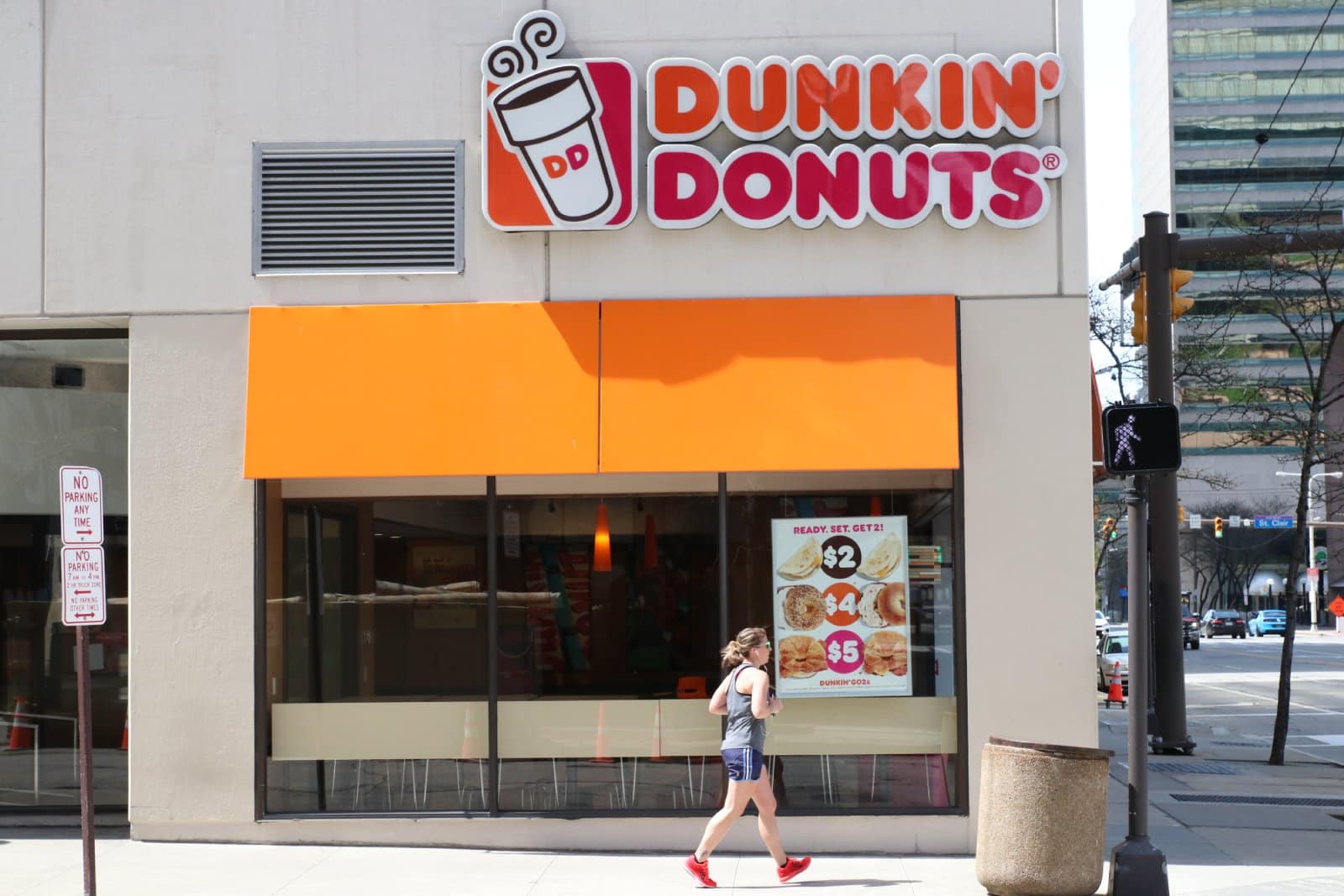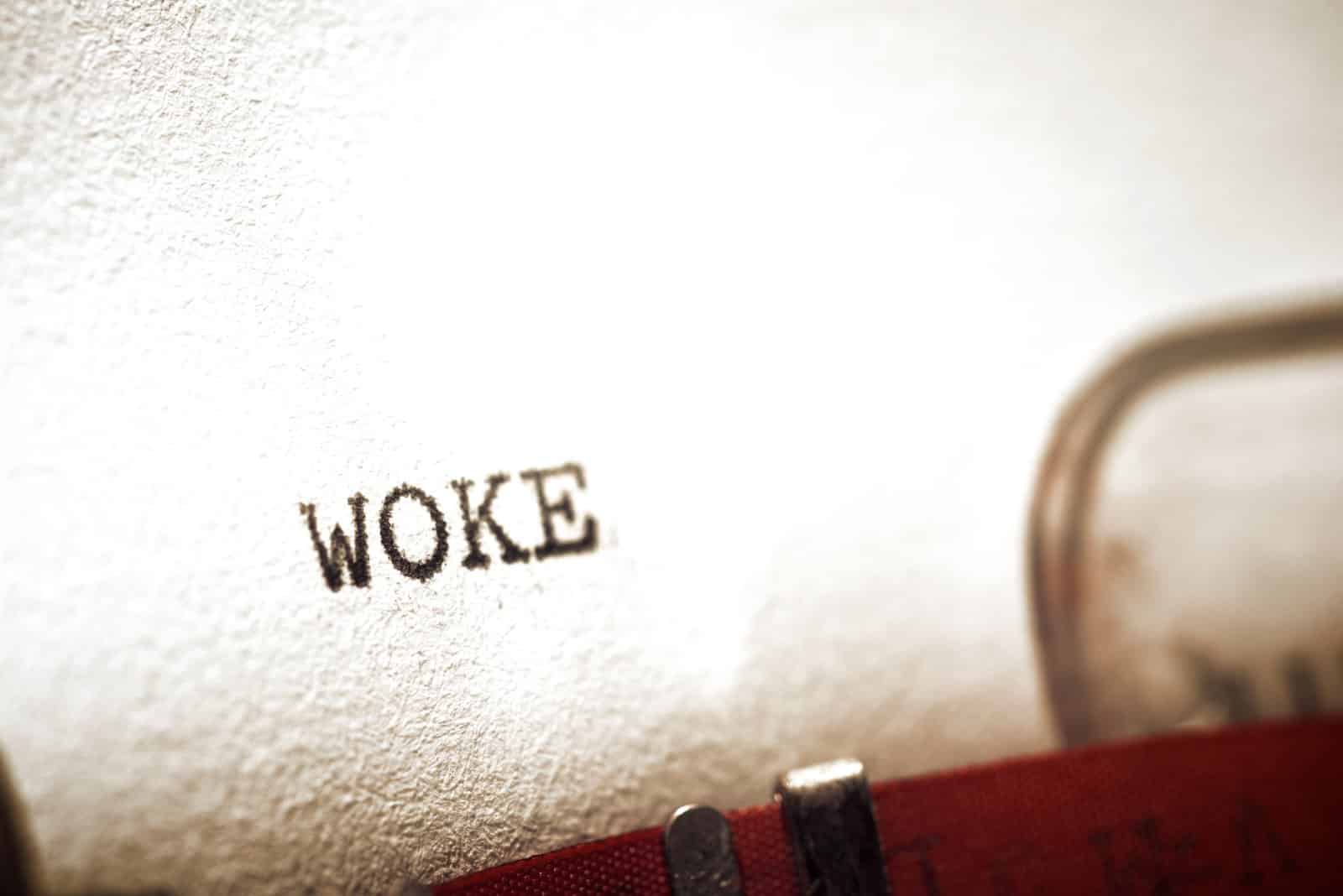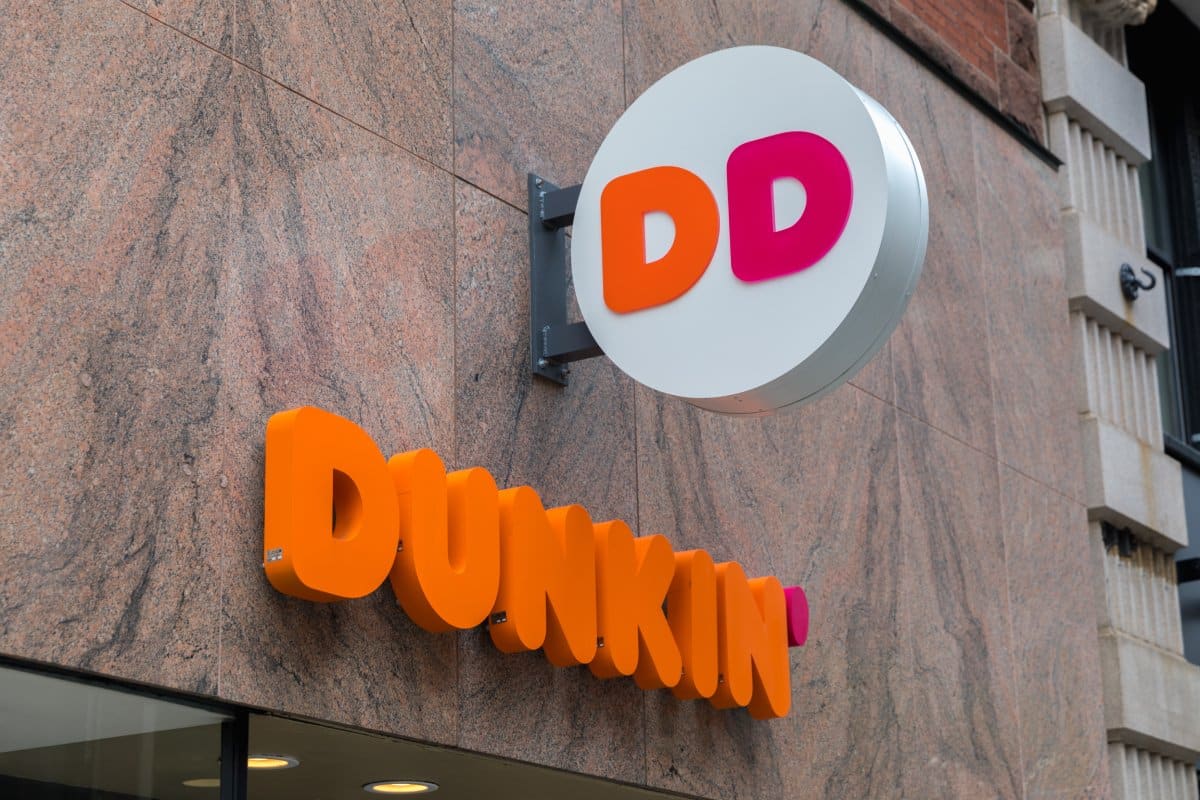Dunkin’ Donuts, known for its iconic coffee and donuts, has recently stirred up quite a bit of controversy. Their latest marketing campaign, which leans heavily into themes of diversity and inclusion, has sparked a wave of backlash. While some customers appreciate the brand’s attempt to align with progressive values, others are not so pleased.
A Bold New Direction

Dunkin’ Donuts’ new campaign focuses on celebrating diversity and promoting social justice issues. The ads, which feature diverse casts and messages of inclusion, are designed to resonate with today’s more socially conscious consumers. But not everyone is buying into it—literally.
What Sparked the Backlash?

Critics of the campaign accuse Dunkin’ of jumping on the “woke” bandwagon for profit rather than making a genuine commitment to the causes they’re promoting. The term “woke-washing” has been thrown around, with detractors claiming that the company is using social justice as a marketing ploy rather than backing it up with substantial action.
The Customer Divide

Reactions to the campaign have been mixed, to say the least. On social media, some customers praised Dunkin’ for taking a stand on important issues, seeing it as a step forward. Others, however, feel that the brand is pandering to social trends and have expressed their frustration by taking their business elsewhere.
Sales Impact: A Brewing Concern

The backlash is already starting to show signs of impacting Dunkin’s sales. Some customers are boycotting the brand, while others are doubling down in support. This divide is creating a challenging environment for Dunkin’, as they navigate the complexities of socially conscious marketing.
Lessons from Bud Light and Others

Dunkin’ isn’t the first company to face backlash over socially driven marketing. Bud Light, for example, recently saw a significant drop in sales following a campaign that partnered with a transgender influencer. These examples highlight the risks brands take when they wade into social issues.
Corporate Activism: A Double-Edged Sword

The Dunkin’ controversy underscores the fine line brands must walk when engaging in corporate activism. While some consumers expect companies to take a stand, others view it as an overstep. Dunkin’s experience serves as a reminder that aligning with social causes can be a risky move.
Dunkin’s Response

Despite the backlash, Dunkin’ has stood by its campaign, reiterating that it reflects the company’s core values. However, this stance has done little to quell the controversy, as debates continue to rage on social media and in the press.
The Risks of “Woke” Marketing

Dunkin’s campaign presents itself as a case study of the potential pitfalls of “woke” marketing. While aligning with social justice causes can attract a new audience, it can also alienate existing customers who feel the brand is overstepping its bounds.
What’s Next for Dunkin’?

Moving forward, Dunkin’ will need to assess its marketing strategies carefully. The backlash may prompt the brand to rethink how it approaches social issues in its advertising. Dunkin’s challenge will be finding a balance between appealing to socially conscious consumers and maintaining its broader customer base.
The Broader Implications

Dunkin’s situation reflects a broader trend in Corporate America, where companies are increasingly expected to take a stand on social issues. However, as Dunkin’ is discovering, this expectation comes with its own set of risks and challenges.
Customer Loyalty at Risk

As Dunkin’ navigates this controversy, the brand risks alienating long-time customers who feel disconnected from the new direction. The challenge for Dunkin’ will be to retain customer loyalty while also appealing to a younger, more progressive audience.
The Power of Social Media

Social media has played a significant role in amplifying the backlash against Dunkin’. Platforms like Twitter and Facebook have become arenas where customers voice their approval or disapproval, making it clear that brands must tread carefully when engaging in social issues.
The Long-Term Impact

The long-term effects of Dunkin’s marketing strategy remain to be seen. If managed poorly, the backlash could lead to a sustained dip in sales and a tarnished brand image. On the other hand, if the brand can weather the storm, it may emerge stronger and more aligned with modern consumer values.
Corporate Responsibility vs. Marketing Ploy

The Dunkin’ controversy raises important questions about the line between corporate responsibility and marketing exploitation. As more companies venture into this territory, the distinction between genuine activism and mere branding will become increasingly important.
Featured Image Credit: Shutterstock / 2p2play.
The images used are for illustrative purposes only and may not represent the actual people or places mentioned in the article.
For transparency, this content was partly developed with AI assistance and carefully curated by an experienced editor to be informative and ensure accuracy.





